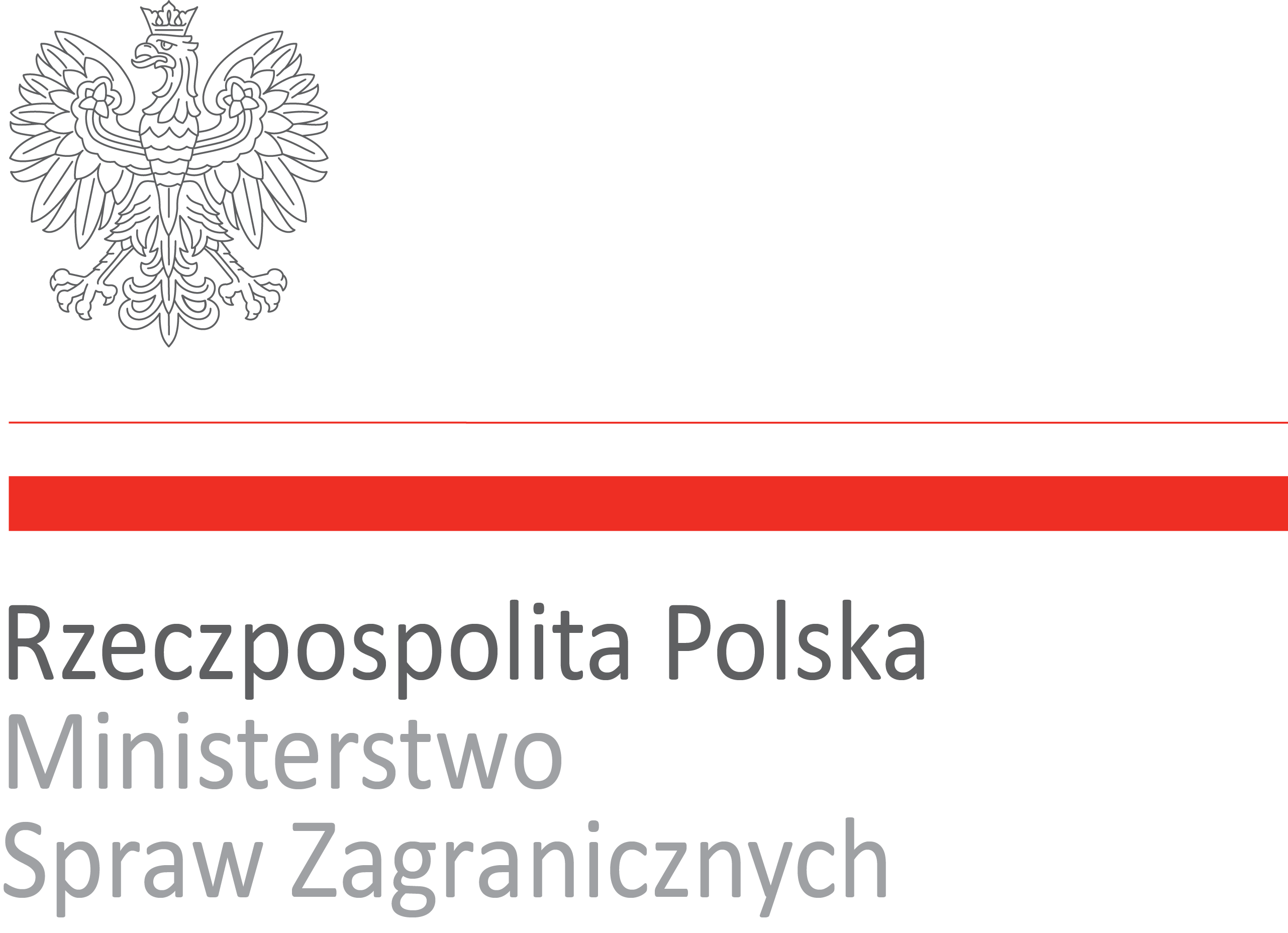According to a 2012 ruling of the European Court of Human Rights, the Katyn Massacre is not subject to the statute of limitations as it is a war crime. The Russian side, however, took a different view, describing it as a "common crime committed by the NKVD", which had long since been time-barred. The Court's verdict was favourable to Russia, as it means there are no financial consequences for the legal heir of the Stalinist regime, i.e. the present Russian Federation.
Although more than 80 years have passed since the massacre committed by the NKVD in 1940, Russian aggression on Ukraine is reminiscent of Katyn. Across Poland's eastern border, Russian soldiers are committing another war crime, this time murdering mainly civilians. In the age of social media and smartphones, news of the murders committed by the Russians spreads quickly. Still, despite the rulings of international tribunals, the architects of this extermination escape the consequences, as in the case of the Katyn Massacre. The impunity of the perpetrators of previous crimes provides tacit consent for contemporary imitators. In view of the institutional weakness of the international tribunals, the memory of the victims of the Katyn Massacre, as well as other war crimes of the Russian army, cannot be time-barred.


